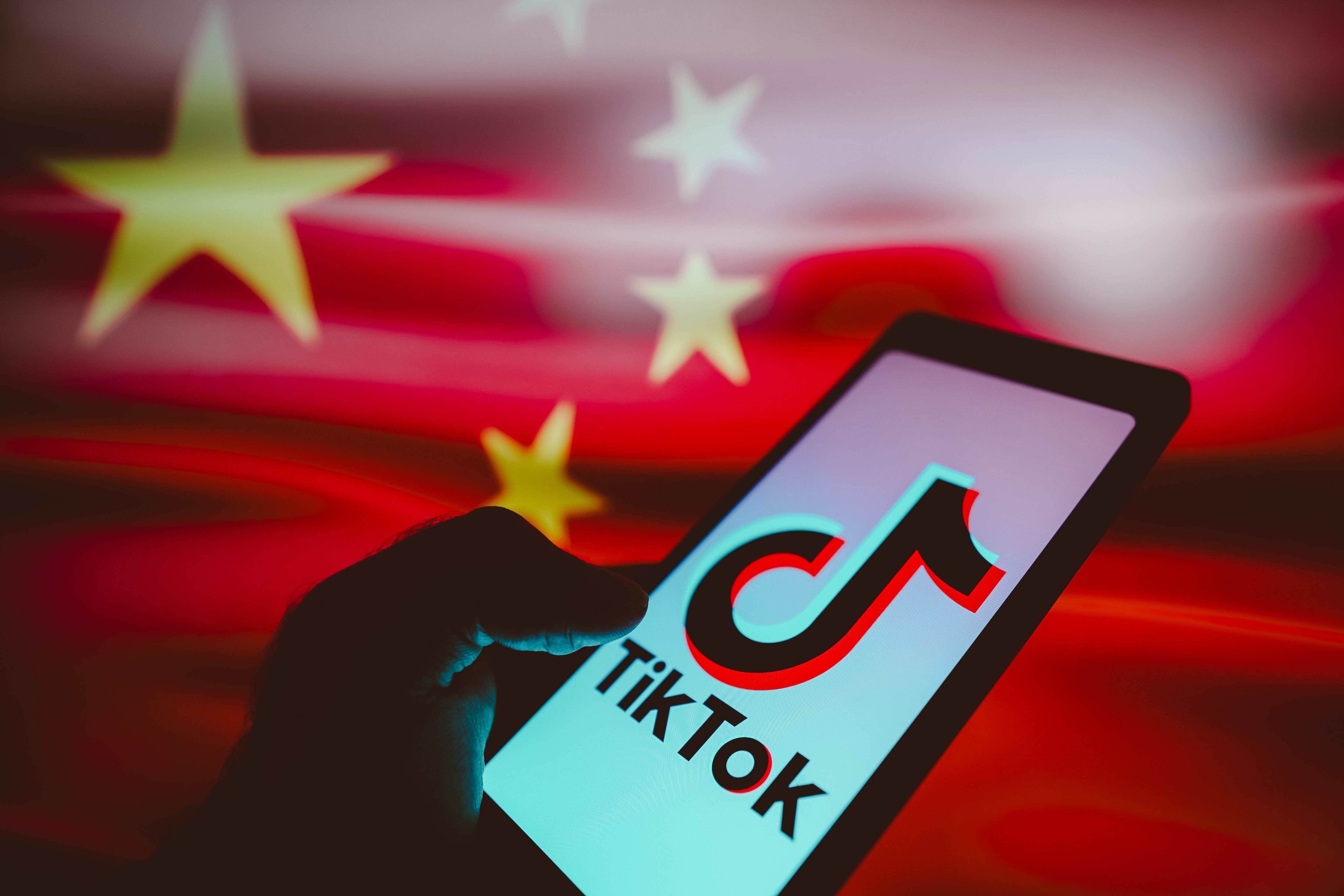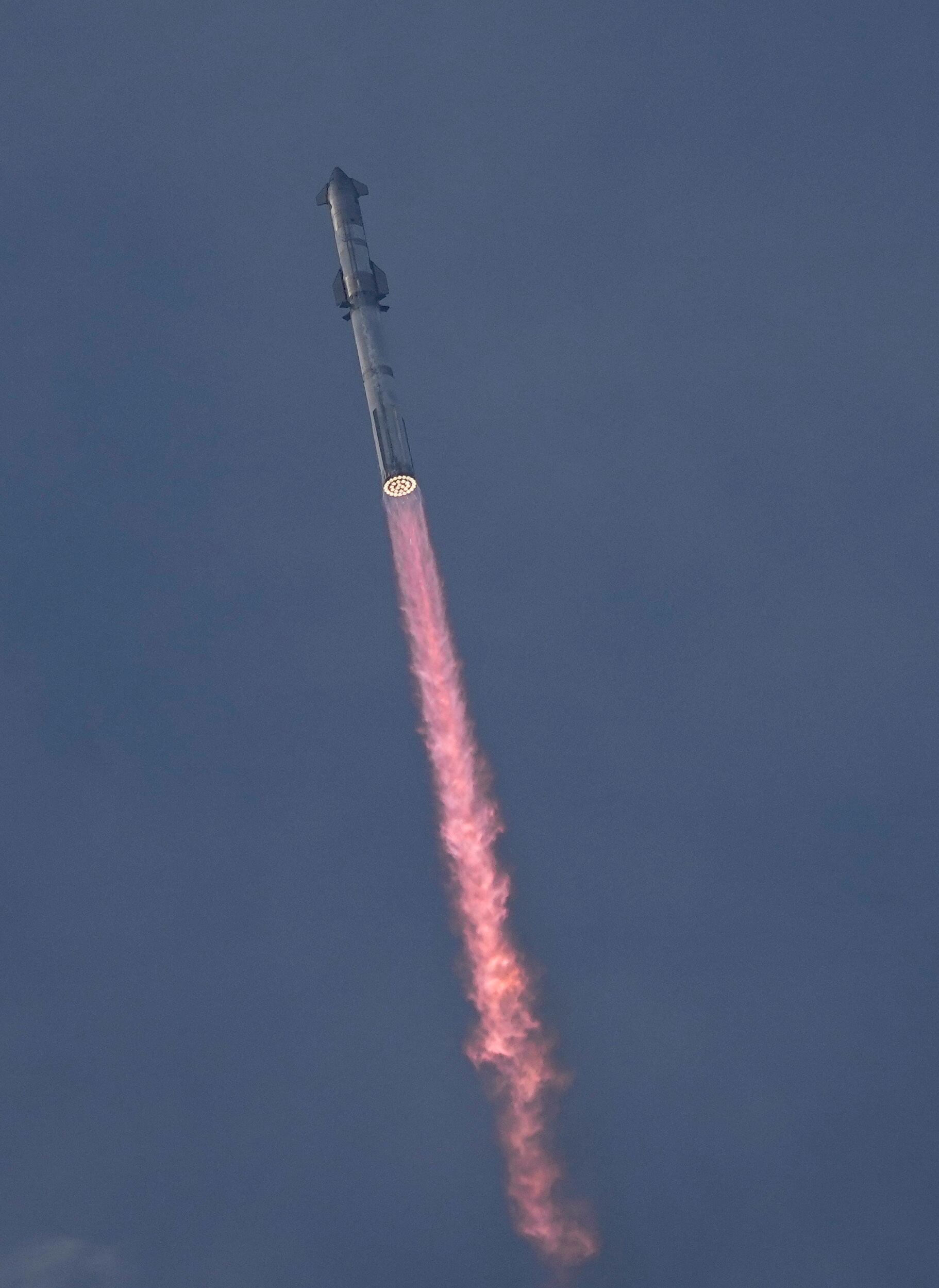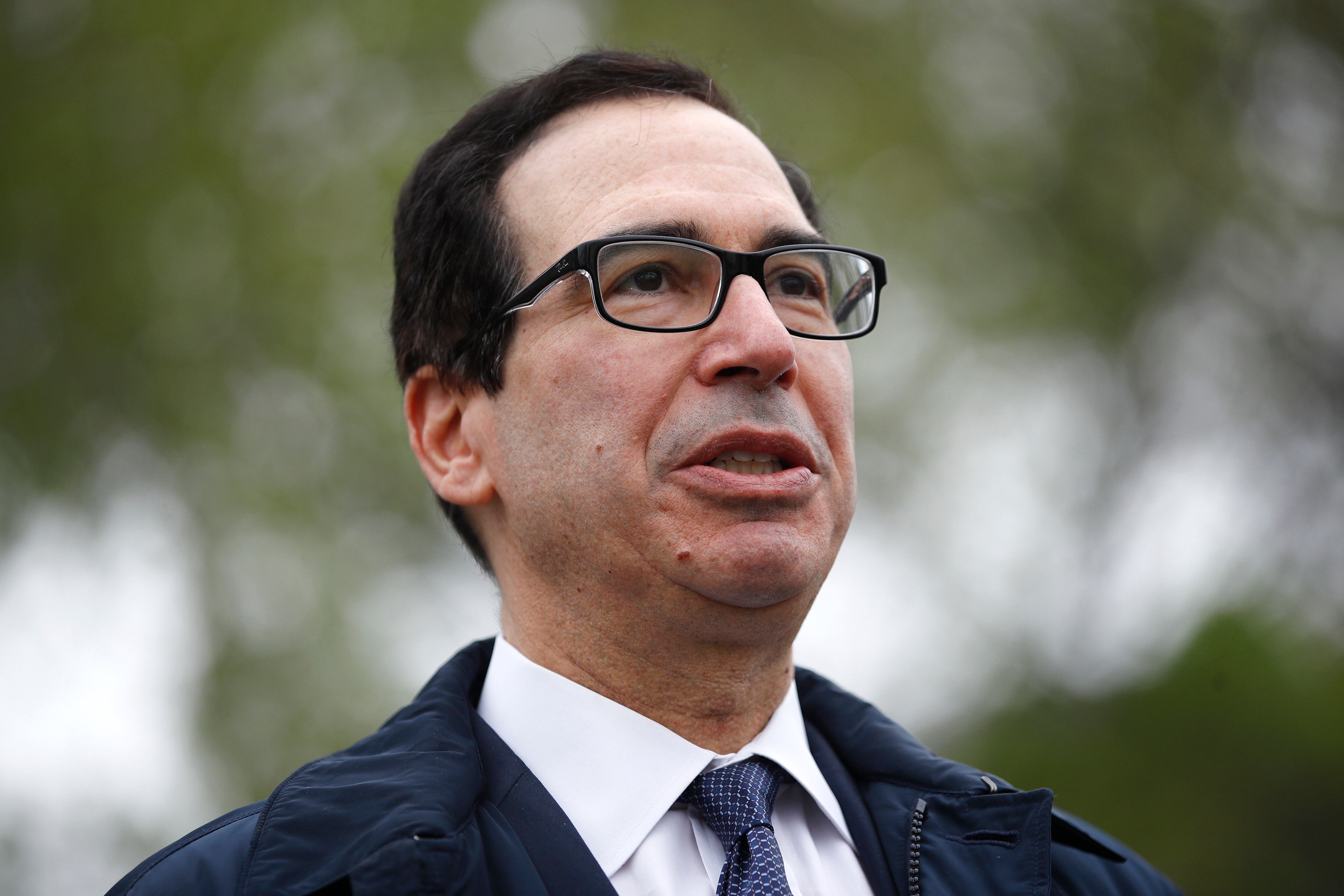*By Michael Teich* Netflix's strong quarterly subscriber growth doesn't disguise the reality that Wall Street is grossly overvaluing the streaming giant, said Wedbush Securities analyst Michael Pachter. "The Street is valuing the stock at more like $450 \[a share\], which implies a valuation of more like $200-$225 billion," Pachter said Wednesday in an interview on Cheddar. "That's crazy talk." It's also nearly a 25 percent premium to where shares closed the day on Wednesday. In order to justify a valuation that large for Netflix ($NFLX), Pachter said 200 million people ー 63 million more than currently subscribe ー would have to each pay about $100 more per year, or $8 more a month, on the service. But adding that many users and hiking rates yet again will be tough amid intense competition from both tech and media rivals, he said. He predicted it would take three years to hit those subscriber numbers. As far as its monthly cost, he said Netflix can "probably get to $18-20 without competition." "But there is competition. Competition comes from Amazon ($AMZN) at $11 a month, Hulu at $11 a month, very likely Disney ($DIS) at $15." Still after a big miss in user growth for the second quarter, Netflix seemed to quell investor concerns when it said it added nearly 7 million subscribers globally last quarter, handily topping the 5 million that the company forecast and the 5.18 million analysts estimated. Shares initially rose more than 15 percent after its earnings report, but ended up a little more than 5 percent. Wedbush Securities lifted its 12-month price target to $150 a share, up from $125. That's 60 percent lower than where the stock closed on Wednesday. For full interview [click here](https://cheddar.com/videos/the-lonely-bear-case-for-netflix).












